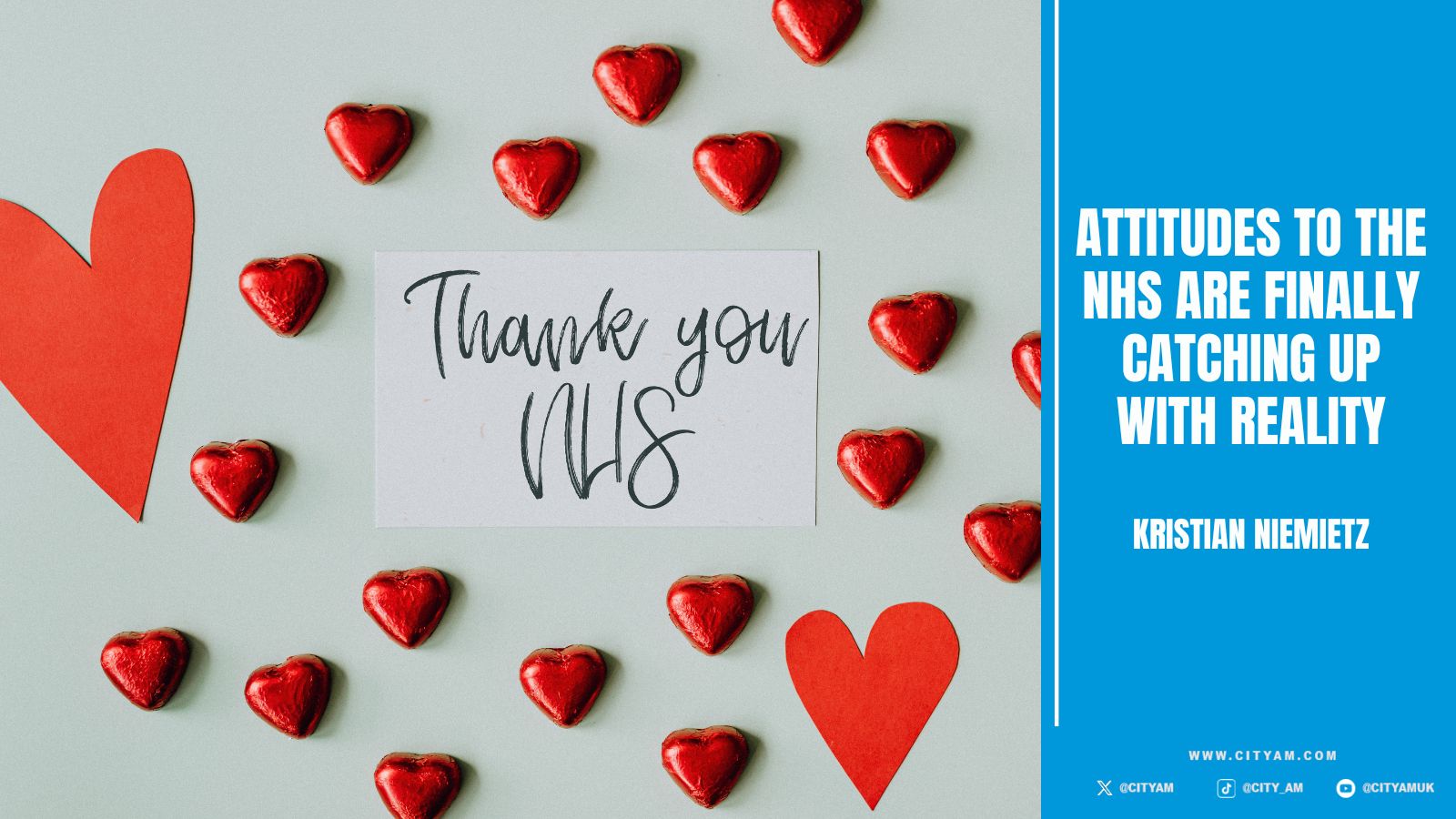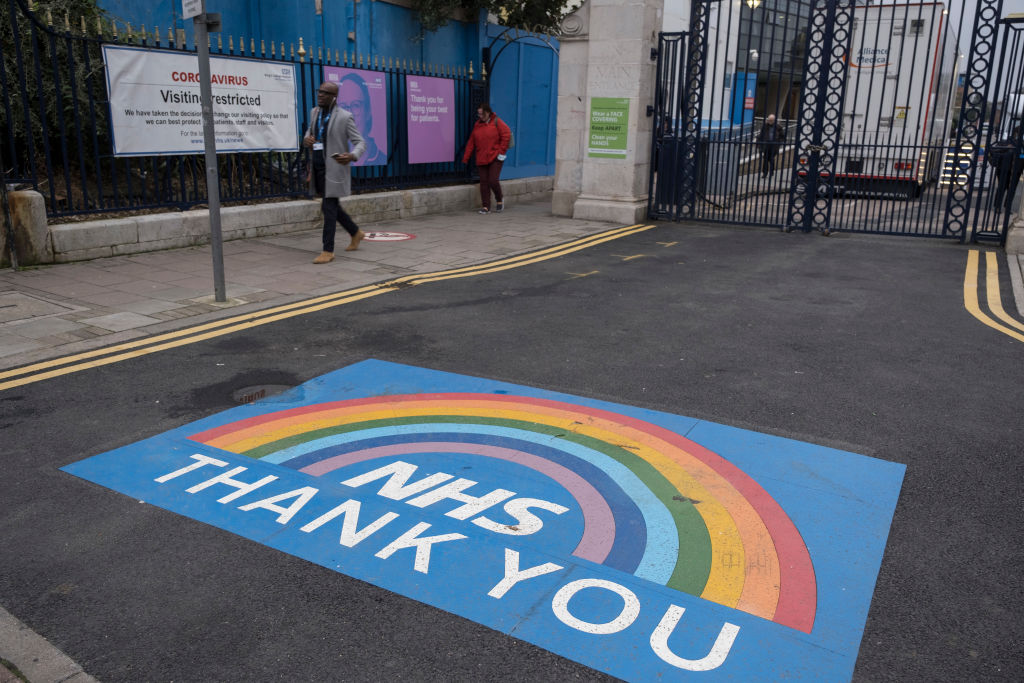Attitudes to the NHS are finally catching up with reality
The NHS has always been mediocre to poor in terms of measurable medical outcomes regardless of funding or public adulation, says Kristian Niemietz Public satisfaction with the NHS has fallen to the lowest levels since records began, according to the latest edition of the British Social Attitudes Survey (BSA), which was released this week. 52 per cent [...]


The NHS has always been mediocre to poor in terms of measurable medical outcomes regardless of funding or public adulation, says Kristian Niemietz
Public satisfaction with the NHS has fallen to the lowest levels since records began, according to the latest edition of the British Social Attitudes Survey (BSA), which was released this week. 52 per cent of respondents are dissatisfied with the health service’s performance, and only 24 per cent are satisfied.
This is not supposed to happen in Britain. It is as if a survey among the residents of Vatican City showed that more than half are dissatisfied with the Pope. If I were a professional NHS cheerleader, I would have decided to go quiet for a couple of days, and sit this one out.
Yet NHS campaigners have reacted by doubling down.
For example, the campaign group “Keep Our NHS Public” tweeted: “In 2010 public satisfaction with the NHS was 70 per cent. After 13 years under this govt it’s now just 24 per cent. The NHS isn’t failing, it’s being failed. What an appalling act of state vandalism.”
Similarly, Dr Andrew Meyerson, a Corbynite doctor-activist, posted:“In 2010, the NHS was the world’s best healthcare system and satisfaction stood at a massive 70 per cent. After 14 years of a govt-led assault on public health, it’s now 2 per cent%, a prerequisite to force desperate patients into private healthcare.”
Richard Murphy, the “Corbynomics guru” (as the Guardian once described him), wrote on his blog:
“The Tories have now defunded the NHS sufficiently to leave it in a state of such chaos that it does not work for too many people, meaning that they are angry with it and are open to change. Bizarrely, the Tories have laid the groundwork for the NHS privatisation that Labour’s Wes Streeting seems so desperate to deliver. […] [N]one of this was an accident. All of it was deliberate.”
Both of these claims – that the NHS has been “defunded” since 2010, and that everything was rosy up until that point – are completely untrue.
In 2010, public spending on healthcare was 8 per cent of GDP. In 2022, it was 9.3 per cent, which puts us comfortably into the global top ten. In absolute terms, the Department of Health and Social Care Budget has gone up from £134bn in 2010/11 to a little over £185bn in 2023/23, in today’s prices. If that constitutes “defunding”, one wonders what a spending spree would look like.
What about the idea that NHS performance was vastly better until 2010?
People who make that claim usually refer to a ranking of healthcare systems by the Commonwealth Fund, a US think tank, in which the NHS repeatedly came out on top. But in order to interpret this ranking correctly, we need to have a closer look at what the Commonwealth Fund actually measures.
The Commonwealth Fund study is unusual in that it pays relatively little attention to healthcare outcomes. It is mostly concerned with procedures, and polling responses from patients and doctors. It does have an outcomes-related category, but that category only accounts for 20 per cent of the overall result. This means that, hypothetically, it is possible for a healthcare system to have poor medical outcomes, and still be ranked as “the best”. And when I say “hypothetically”, I mean “not hypothetically at all”, because that system is the UK’s NHS. In the Commonwealth Fund’s outcomes category, the NHS has always been ranked as one of the worst systems – even when it still enjoyed North Korean levels of public satisfaction.
There was no “golden age” in the past. Not in 2010, and not ever. Yes, the NHS used to enjoy phenomenally high public approval, and top marks in one very particular ranking. But in terms of measurable medical outcomes, it has always been somewhere between mediocre and poor, a fact which even the Commonwealth Fund acknowledges. Record levels of spending have done little to change that.
Dr Kristian Niemietz is the Editorial Director of the Institute of Economic Affairs (IEA). He is the author of the book ‘Universal Healthcare Without The NHS’ (2016).


